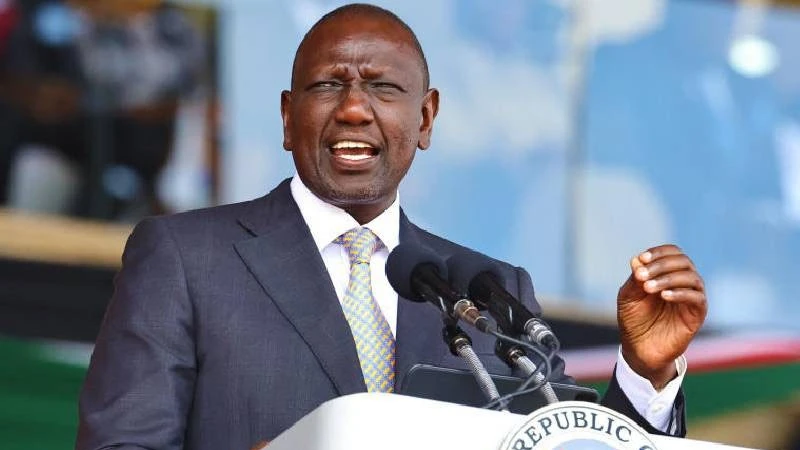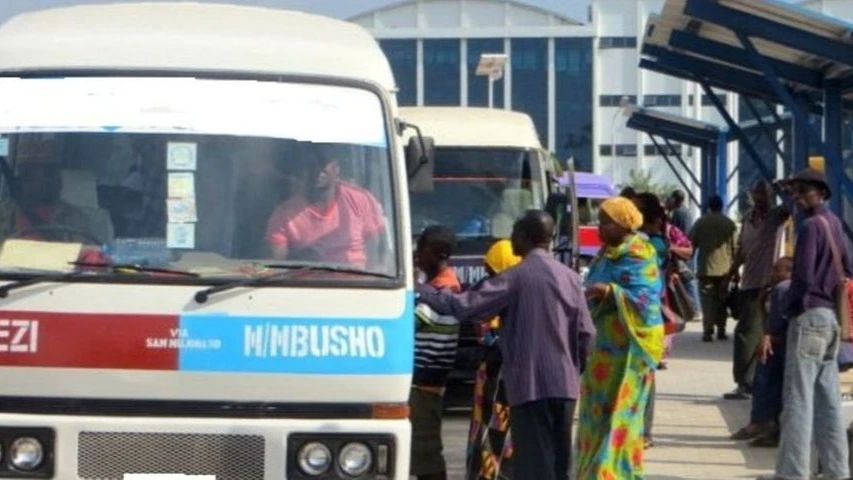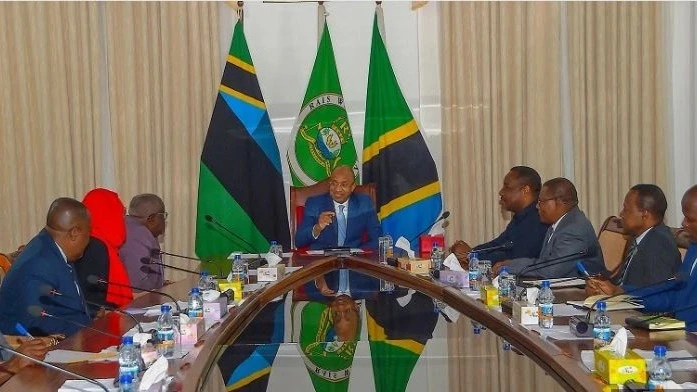Youth street revolt in Nairobi adds to Africa’s urban crises of slow reforms

WIDE sections of political leaders and their advisers in senior government positions in various countries have an ingrained belief that economic reform, including offloading majority shareholding in utility companies, is just intended to please some foreign stakeholders. There was a time any exercise of share sale or reform attempt was tied with corruption, that a minister had taken bribes from the company soon to benefit from such transaction. The political system was clearly overwhelmed by such opposition, as it has been in most African states.
Kenyan President William Ruto made something of declaration of war on the rioters who ransacked Parliament buildings and put on fire some sections, to show acute displeasure with this year’s Finance Bill, already approved by MPs, The president had indeed attempted to be a patron, meaning father figure, to the youths vehemently disputing the prerogative of the legislature in that regard, using the streets to institute a veto on the process. The result was invading the parliamentary compound, doing anything they wished with police exasperated.
The way the Kenyan leader described the situation was nearly as a state of emergency, no longer a policy dispute but a law and order issue where the very existence of the state was endangered. That is up to everyone to evaluate, but there is a background to that situation, and an equally complicated scenario of the causes and possible solutions. The battle on the ground is a bit simplistic, that the tax raised simply be removed and then life goes on, and others think that the bill is approved, signed and applied – in which case life continues as usual.
Neither of those options can be reached without a scuffle, and as things are, the youths took the matter a bit too far, and the political system could react in an unexpected manner, as the word ‘severely’ looks inappropriate. Policy debate has now given way to law and order, and no one can say when a sane discussion of policies, cost of living issues, can be restarted. Nor it is clear if there is indeed an overly difficult cost of living of living situation the youths are protesting, or it is a result of different political factions repeatedly using youths to bring the political system to undue compliance, and from tools they become stakeholders.
As most countries, even developed countries often have unsettling revolts from youths sections of society, it is easy to see this situation as one of those things, but each situation has its determinants. When a political system becomes rowdy at any level of its operational mechanisms, it has to overreach itself to clear its clear overgrowth of bad behaviour, for whatever reasons. It is a period that is often characterised by extensive violations of human rights, for the freedoms that society usually enjoys become an alarming factor of chaos and destruction.
While upper echelons of Kenyan political society may wish to brush aside this event and ensure that it is business as usual in parliamentary work and societal liberties, it is worth admitting that a watershed has been crossed, or a red line in political language. Instead of just descending on trouble makers and loudmouths insulting those in leadership, it is better to agree on a corrective set of actions that lessen the government debt and place aside acute tax increases. It is possible to shut up hundreds of ringleaders if the police go after them, but dangers exist - social decomposition, causing capital flight, worsening the situation altogether.
Top Headlines
© 2024 IPPMEDIA.COM. ALL RIGHTS RESERVED

















